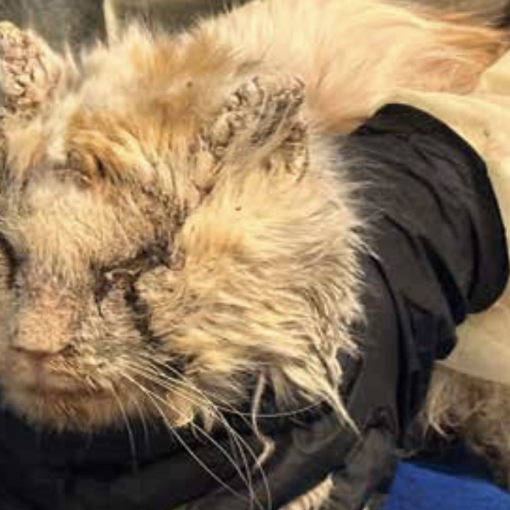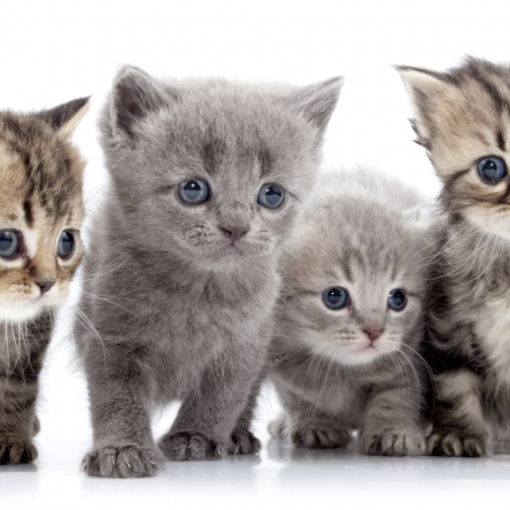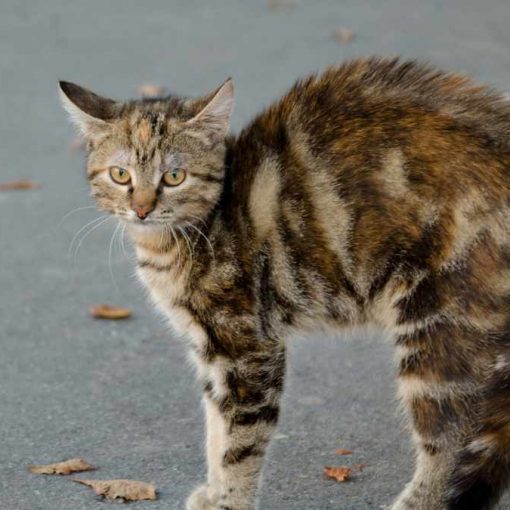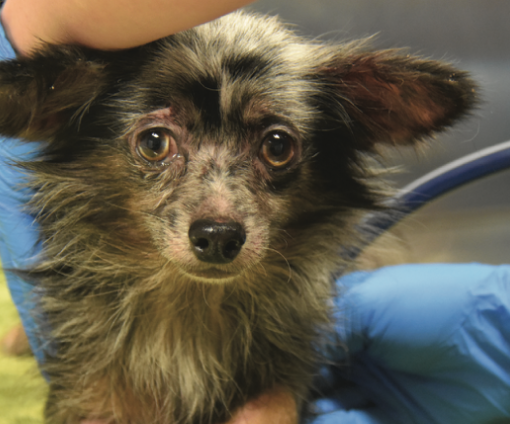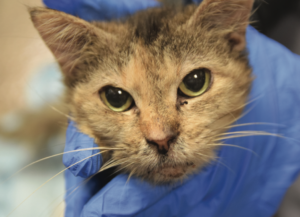
By JOE ELMORE,
CHARLESTON ANIMAL SOCIETY PRESIDENT & CEO
AS WE BEGIN A NEW DECADE, I CAN’T HELP BUT LOOK back and reflect on the number of suffering animals from our community and state that I witnessed last year alone.
It reminds us of the need to be vigilant and responsive to animal cruelty:
- Animals abandoned and nearly starved to death
- Dogs left on chains for days on end limiting natural movement
- Dogs burned with chemicals
- Pets thrown into traffic
- Animals left outside with no shelter to freeze
- Cats thrown against walls
- Horses worked to exhaustion
- Horses stabbed
- Unrestrained animals falling out of pick-up trucks It goes on, but it doesn’t have to.
BLEAK PICTURE Unfortunately, this is what Charleston Animal Society addresses weekly, sometimes daily, and, as made famous in the 1976 movie Network by Peter Finch’s character Howard Beale, “We’re mad as hell and we’re not going to take this anymore!” The Animal Society works closely in assisting law enforcement and the courts to respond to suspected cases of animal cruelty, helping navigate forensics, providing expert testimony, facilitating necropsies, and offering rewards to bring information forward. It is not enough. Upward of 10,000 unwanted or stray animals enter Charleston Animal Society each year. That’s about 95% of our local animals in Charleston County. Hundreds are suspected victims of cruelty, intentional or not. This does not include the numerous animals found by Good Samaritans and rushed to their personal veterinarian or elsewhere. We continue to fight this battle together, not only for the sake of the animals but for the safety of our families because study after study confirms the link between animal cruelty and human violence. One who harms animals will also harm humans.
DEMAND SOLUTIONS NOW
It is far past time for a statewide animal cruelty task force to examine where and why these events occur in such high numbers and, most importantly, how to effectively respond to them.
While Charleston Animal Society made history in leading Charleston County to become the Southeast’s first No Kill Community in 2013, shamefully, animal cruelty is still too common in the area and throughout South Carolina.
We have built a No Kill Community, but continued instances of inhumane treatment are a terrible blight on such a historic achievement. Why are animals starving to death in a state that is a leader in human obesity? This is madness.
Anyone who has ever loved or cared for an animal must help put an end to this rampant animal cruelty by demanding our elected officials place a high priority on crimes against animals and to put actions and resources in place to aggressively pursue the perpetrators of these crimes.
However, our elected officials are not solely responsible; we must support local law enforcement and animal control officers in identifying where intervention is needed. This intervention will primarily consist of education and cultural pressure; however, when law enforcement is warranted, it must be swift and firm.
ENFORCEMENT NEEDED
What good does the strengthening of the state animal cruelty laws in the last legislative session do if they are rarely, if ever, utilized at the local level to punish crime? Too often, our felony cruelty statutes are nothing more than a paper tiger.
Making Charleston County a humane community is simple: If you have an animal, care for it. If you cannot, call Charleston Animal Society, contact another local animal rescue group or veterinarian, or reach out to your neighbor to help care for your animals. Don’t let the animal suffer.
You will not find a community across the country with more generous veterinarians, rescue volunteers, or Good Samaritans than here.
As we begin a new decade, we can and must do better.
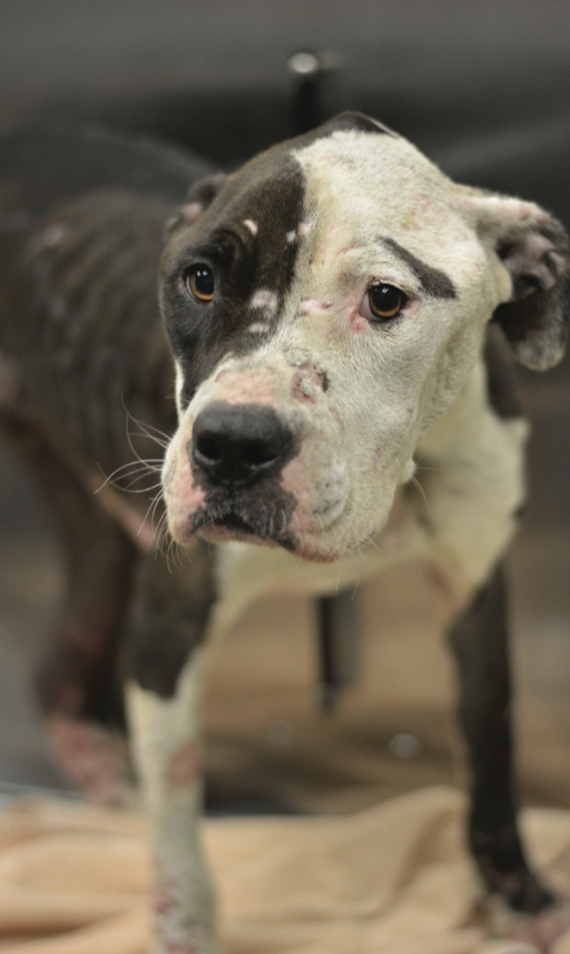
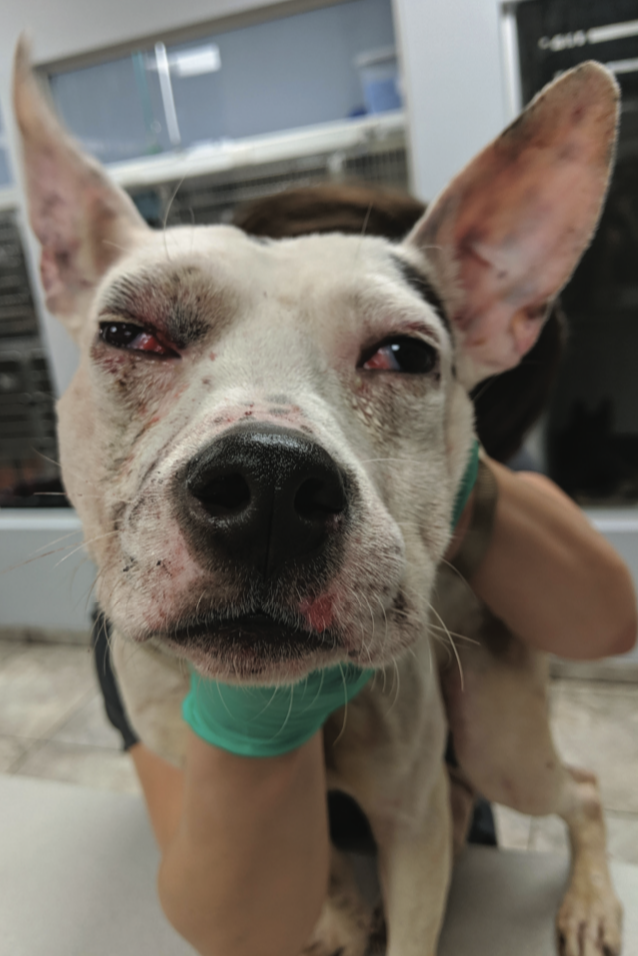
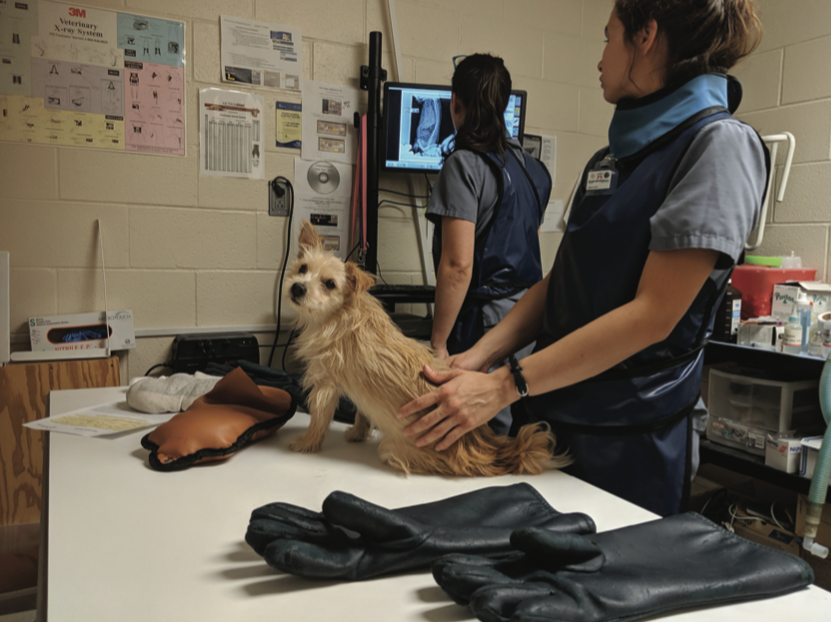
(Clockwise): King was found emaciated in Mt. Pleasant, hiding under a car, after he managed to chew through a rope that his owner had kept him tethered on. King is now in a safe, new foster home and his previous owner faces cruelty charges.
Police say Xena’s owner hit her with a shovel and then tried to bury her alive before she was rescued in Ravenel. The owner faces charges.
Poo the dog is prepared for x-rays at Charleston Animal Society after she had been thrown into traffic on Rivers Avenue. Thankfully, she survived.

